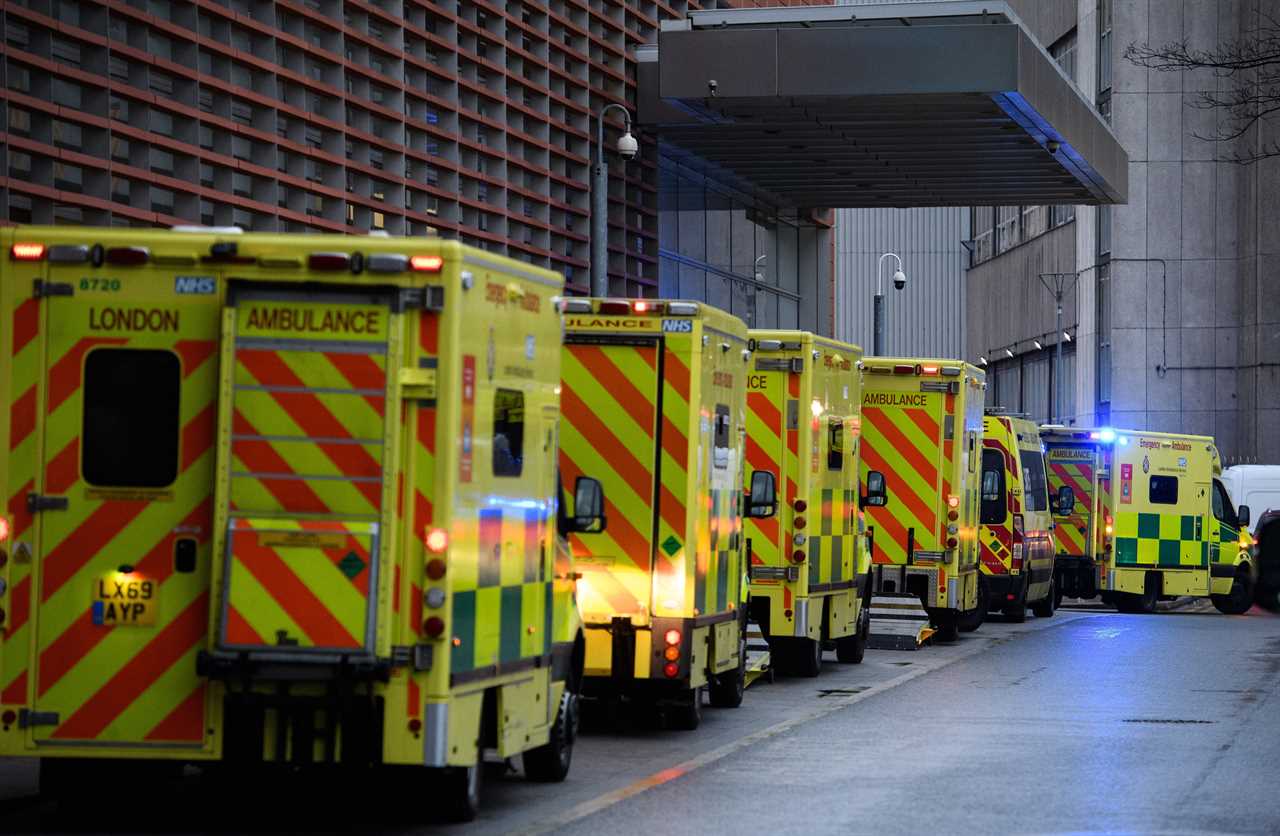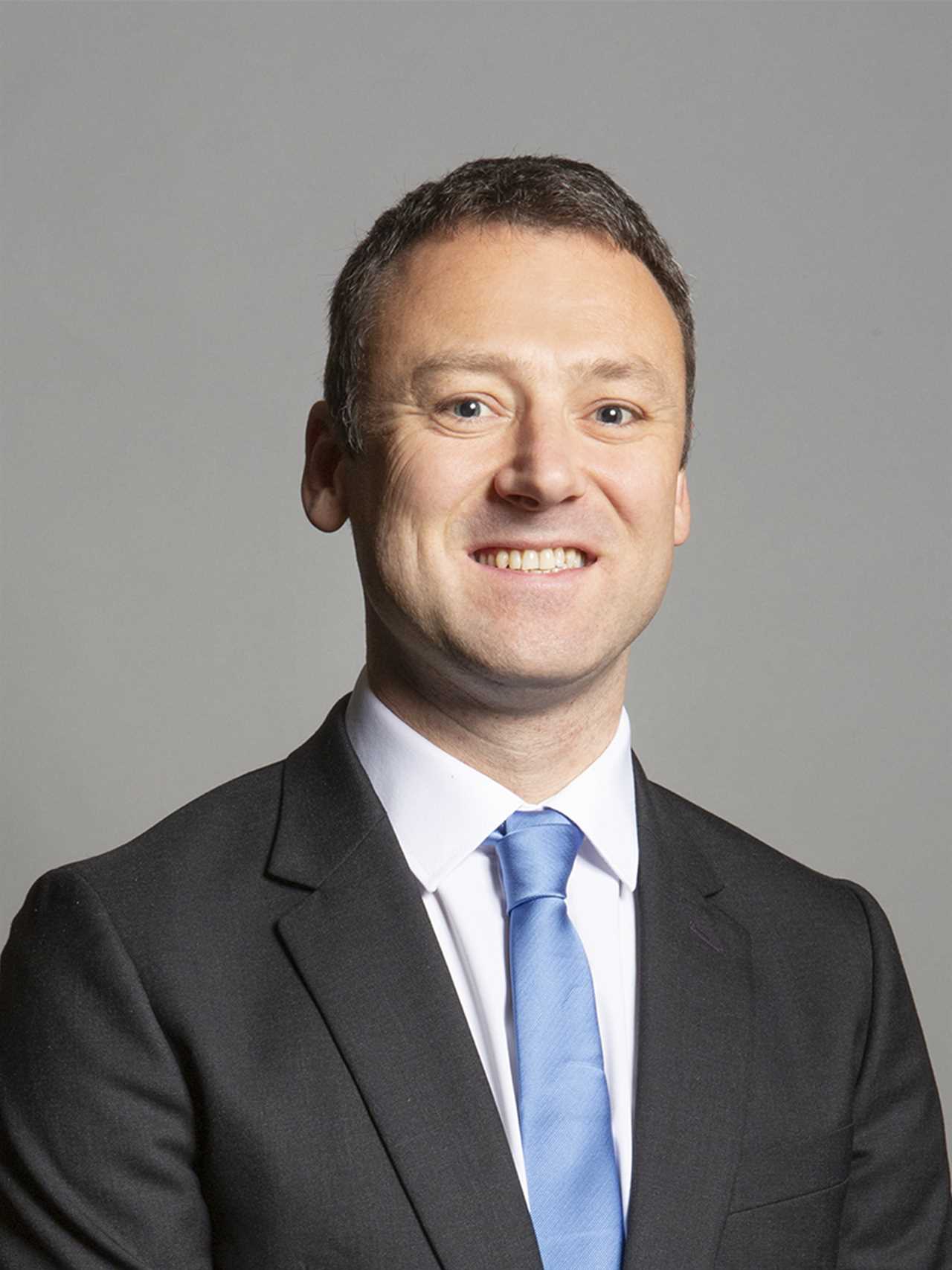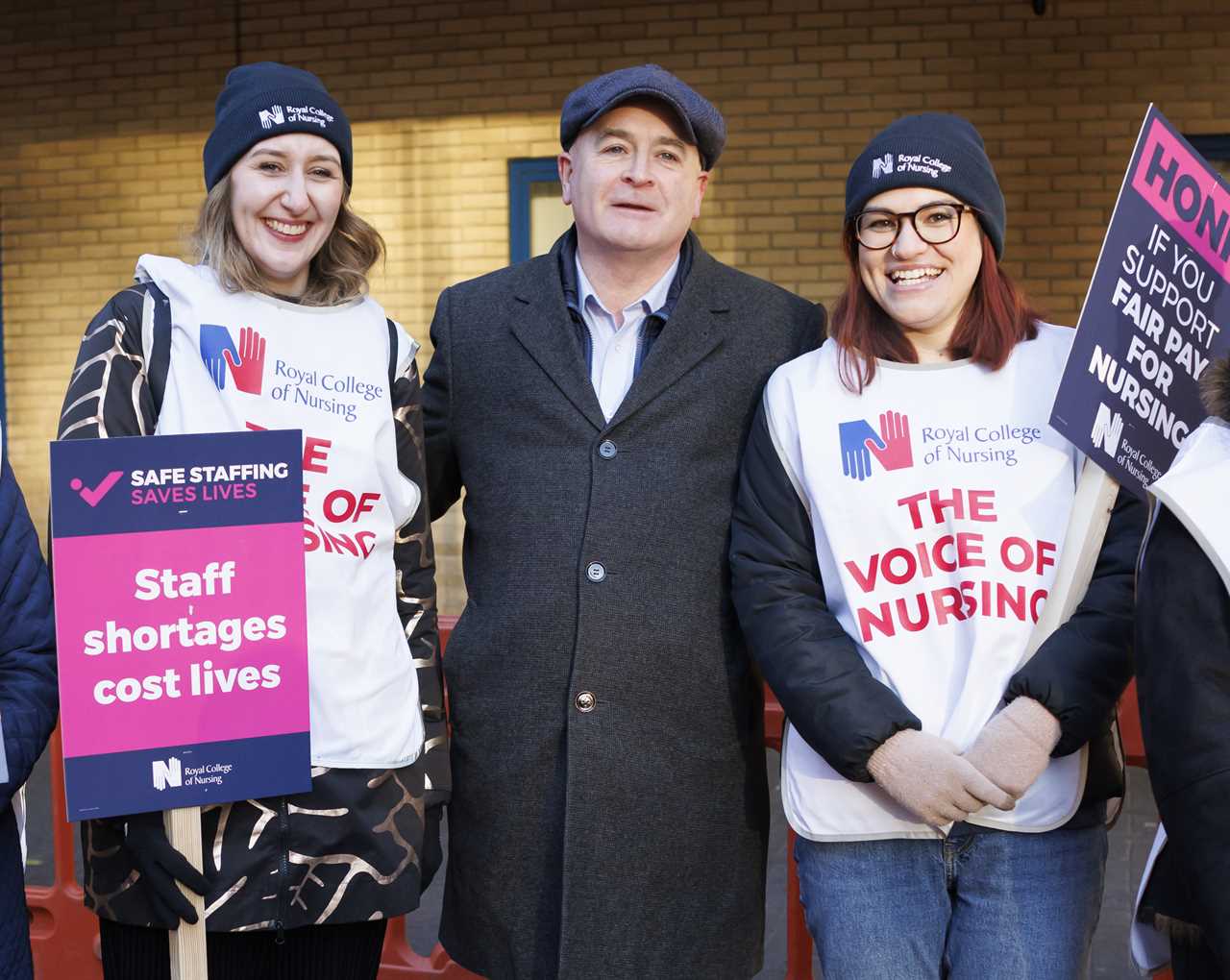STUBBORN union chiefs are accused of risking patients’ lives by blocking emergency planning for next week’s ambulance strikes.
NHS trusts have warned ministers they are “flying blind” after the GMB and Unite refused to say how many drivers they expect to withdraw their labour next Wednesday.

Union chiefs are refusing to say how many staff will work during the ambulance strikes
Whitehall’s emergency Cobra contingency planning has been left “hamstrung” amid complaints the unions are shunning assistance from the Army to try to alleviate the threat from their crippling walk-out.
Last night, senior government figures admitted talks are “proving difficult”
A source added: “Some unions are so far keeping NHS trusts in the dark about how many staff will work on strike day and what kind of calls they will respond to. This is hampering plans to minimise the impact on patients.
“Ministers would rather unions call off strikes altogether but if they are intent on industrial action, we would appeal to them to cooperate with employers to ensure the disruption to vital services is kept to a minimum and so the public can be kept as safe as possible.”
Former minister Brendan Clarke Smith branded the dithering “shameful”.
He added: “This could cause chaos and put people’s lives at risk.”
The GMB has announced two days of strikes for more than 10,000 ambulance workers across nine trusts in England and Wales starting next week.
Paramedics, emergency care assistants, call handlers and other staff will walk out on December 21 and 28.
They rejected a four per cent hike in pay as a “real terms cut” in light of soaring inflation.
Only the South East Coast Ambulance Service has agreed a limited deal to answer all top priority 1 calls — even if staff have to come off picket lines.
But less serious incidents will face delays and countless other regions are still refusing to say what they will do.
Elderly people who fall may not get an ambulance until they have been stuck on the floor for four hours or more.
Ambulance bosses were continuing to negotiate 999 cover with local union reps.
Meanwhile, a fresh bout of Tory civil war emerged over whether to increase the pay offer for nurses.
Former party chairman Jake Berry told TalkTV that the current government offer is “too low”.
And Steve Brine, chairman of Parliament’s heath committee, added: “I think sending it back to the pay review body would be a sensible answer.”
But Health Minister Maria Caulfield pointed to the disastrous Liz Truss mini-budget as to why borrowing cannot be used to fund bigger pay rises.

Former minister Brendan Clarke Smith branded the union chief’s dithering as ‘shameful’

RMT union leader Mick Lynch joined nurses on the picket line
She said for every one per cent pay rise, it will cost “around £700million” that the Government would have to find.
As nurses were joined on the picket line by RMT union leader Mick Lynch yesterday, a senior NHS boss warned ambulance strikes will be much more dangerous.
Sir Jim Mackey, chief of the backlog recovery, said: “It’s a completely different order of magnitude of risk.
“I think that’s the main thing people are worried about, because of the complexity and fragility of urgent care.”
Longer waits will mean more patients turn up in a worse condition, piling pressure on hospital medics.
The GMB and Unite yesterday pulled out of the independent pay review process.






